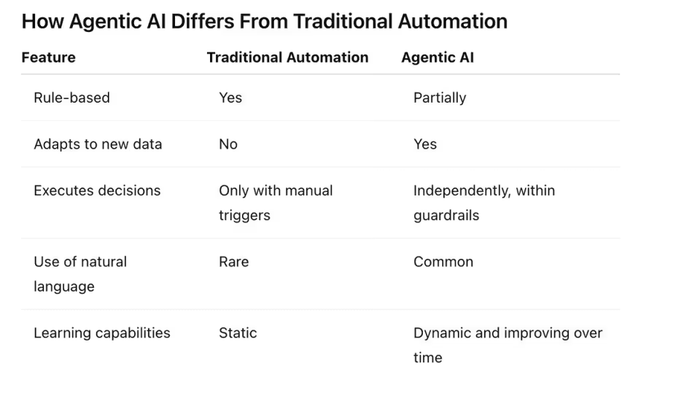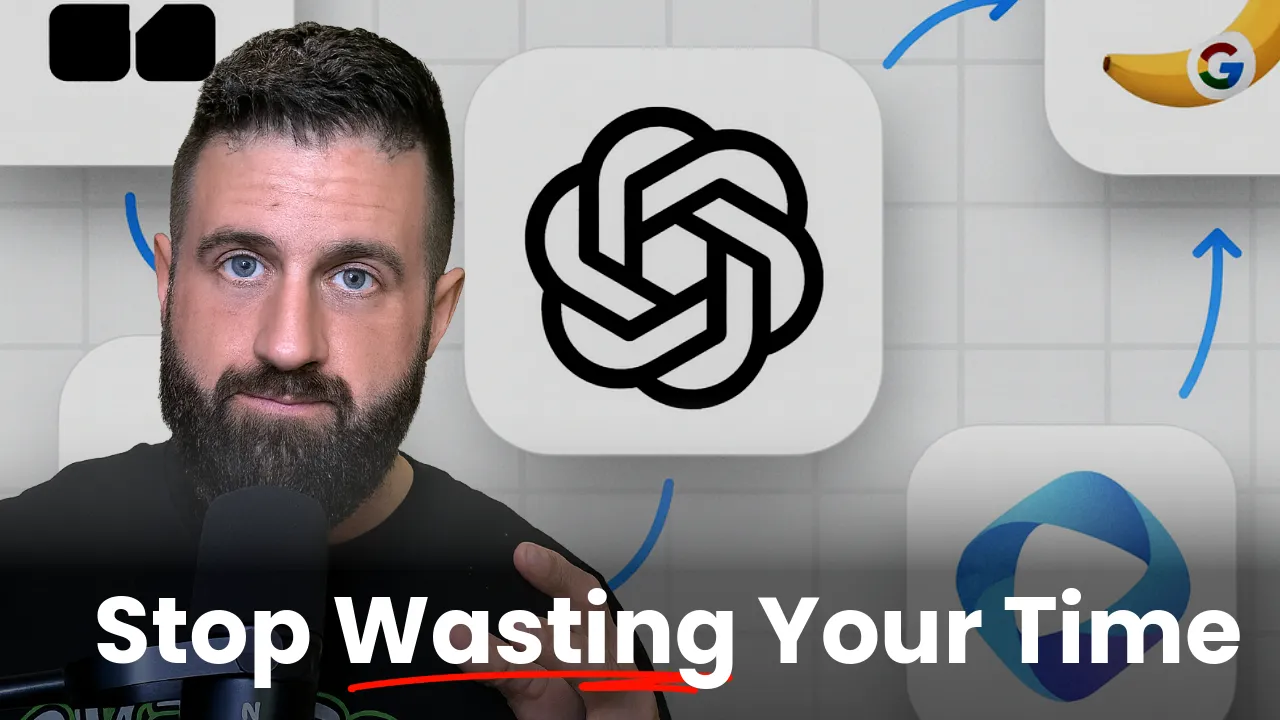What Is Agentic AI - and Why It Matters for Pharma Operations
Jul 29, 2025 | 4 min read

Pharma Needs More Than Just Automation
Life sciences organizations are under constant pressure to innovate faster, stay compliant, and scale efficiently. Traditional automation has helped streamline workflows, but it still depends on human input at nearly every turn. As commercial and medical affairs teams face growing demands, a new kind of technology is gaining traction: agentic AI.
In this blog, we break down what agentic AI really means, how it differs from traditional automation, and how it is already transforming pharma operations. From real-time personalization to intelligent task execution, we’ll show how agentic AI delivers a new level of efficiency while upholding strict data security and regulatory standards.
What Is Agentic AI?
Agentic AI refers to artificial intelligence systems that are capable of not only analyzing information but also taking action based on that analysis. Unlike traditional automation, which follows pre-set rules and workflows, agentic AI uses real-time data and context to make decisions and execute tasks independently.
Think of it this way:
- Traditional automation is like a train on tracks. It follows a fixed path and needs a human to switch tracks.
- Agentic AI is more like a smart car. It can navigate changing roads, adapt to traffic, and even reroute when conditions change.
Agentic AI can interpret intent, adjust to context, and complete multi-step tasks without waiting for human intervention. In pharma, this means less time spent on manual work and more time focused on strategy, safety, and engagement.
How Agentic AI Differs From Traditional Automation

Traditional automation is excellent for repeatable, highly controlled processes, like sending a confirmation email after an HCP (Healthcare Provider) visit. But it falls short when workflows need to adapt quickly to new data, behavior, or outcomes.
Agentic AI can step in where traditional tools struggle. For example, instead of relying on a rep to trigger an action, agentic AI could detect low engagement from a provider and automatically generate a follow-up strategy based on their recent behavior and preferred channel.
Real Pharma Use Cases: Agentic AI in Action
Agentic AI is already reshaping how pharmaceutical teams operate across commercial, marketing, medical, and R&D functions. Here are some real-world examples:
Discovery and Research
- Drug Target Identification: Agentic AI analyzes vast datasets to identify new drug targets and supports automated high-throughput screening. Salesforce
- Rare Disease Detection: AI agents recognize rare disease patterns through data orchestration and sub-agent collaboration. Polestar LLP
- Preclinical Document Drafting: Bayer’s PRINCE system, built with Thoughtworks, uses AI agents to extract insights from legacy reports and draft regulatory documents, cutting manual effort by 90%. Pistoia Alliance
Clinical Trial Management
- Protocol Optimization: Agents adjust trial protocols dynamically using live data inputs. Salesforce
- Manufacturing Anomaly Detection: AI monitors Internet of Things (IoT) data and conducts root cause analysis. Polestar LLP
- Literature Review Automation: IQVIA uses agentic AI with NVIDIA to streamline literature reviews in trial phases. IQVIA
Commercial Operations
- Sales Rep Mapping: Agents match reps to physicians based on specialty and region, improving rare disease outreach. Polestar LLP
- Marketing Content Automation: Companies like Novartis and AstraZeneca use agentic AI to generate compliant content, saving millions. Endava
- Market Anomaly Detection: Salesforce AI agents identify commercial performance dips and suggest interventions. Salesforce
- Next Best Action Modeling: IQVIA applies predictive agentic systems to optimize brand engagement. IQVIA
Patient Support Services
- Personalized Adherence Support: Agents build tailored treatment plans and send reminders based on patient behavior. Salesforce
- Wearable Monitoring: AI tracks biometric data and adjusts treatment recommendations. Polestar LLP
- Medication Delivery Logistics: Intelligent agents automate scheduling and routing for personalized delivery. Salesforce
These examples illustrate the broad scope and adaptability of agentic AI, from discovery to delivery.
Data Security, Compliance, and Guardrails
A common concern with AI in regulated industries is safety. Pharma organizations must protect patient and provider data while complying with regulations like HIPAA (Health Insurance Portability and Accountability Act) and GDPR (General Data Protection Regulation). Agentic AI systems are built with this in mind.
Here’s how AI stays secure and compliant:
- Data Guardrails: Teams use configuration tools like Prompt Builder to set what the AI can and cannot do.
- Audit Trails: Every action taken by the AI is logged, reviewed, and auditable.
- Real-Time Monitoring: AI systems flag unusual behavior or outcomes and pause actions for review.
- Human-in-the-loop Control: For sensitive tasks, the AI recommends actions, but a team member must approve execution.
In platforms like Salesforce’s Agentforce, AI works within the organization’s security infrastructure. It does not access data it is not allowed to use, and it does not operate outside approved workflows.
Preparing Your Organization for Agentic AI
Whether you use Salesforce, Veeva, or both, your organization will need a roadmap to adopt agentic AI. Here are four practical steps to get started:
1. Map Your Workflow Bottlenecks
Look for repetitive tasks that slow teams down. These are good candidates for AI automation.
2. Identify Low-Risk Pilot Areas
Start with non-sensitive workflows, like email personalization or campaign optimization. Prove value in small steps.
3. Set Clear Guardrails
Work with compliance teams to define where the AI can act and where it should recommend.
4. Invest in Training
Help teams learn how to collaborate with AI systems. The better they understand how to use it, the more value it delivers.
Conclusion: Why Agentic AI Will Redefine Pharma Automation
Agentic AI is more than the next tech trend. It is a new operating model for life sciences teams that want to scale smarter, not just faster. Unlike traditional automation, it enables real-time decision-making, personalizes HCP engagement, and frees up teams from manual coordination.
By combining intelligence, autonomy, and compliance, agentic AI delivers what the pharma industry has long needed: fast execution with trusted controls.
Want to build a strategy for agentic AI in your organization?
Schedule a custom AI Strategy Workshop with CI Health and start mapping your transformation.
FAQ
What is agentic AI?
Agentic AI refers to artificial intelligence that can take action on its own, not just provide suggestions or insights.
Is agentic AI safe for regulated industries?

Yes. When built with audit trails, guardrails, and approval layers, agentic AI supports compliance and data security.
Can Salesforce or Veeva use agentic AI?
Salesforce is leading the way with tools like Agentforce and Einstein Copilot. Veeva’s automation is more structured and rules-based.
Do I need to replace my current CRM to use AI?
No. Many teams integrate agentic AI into existing platforms like Salesforce and Veeva to complement current workflows.



 Gradial
Gradial  PEGA
PEGA 




